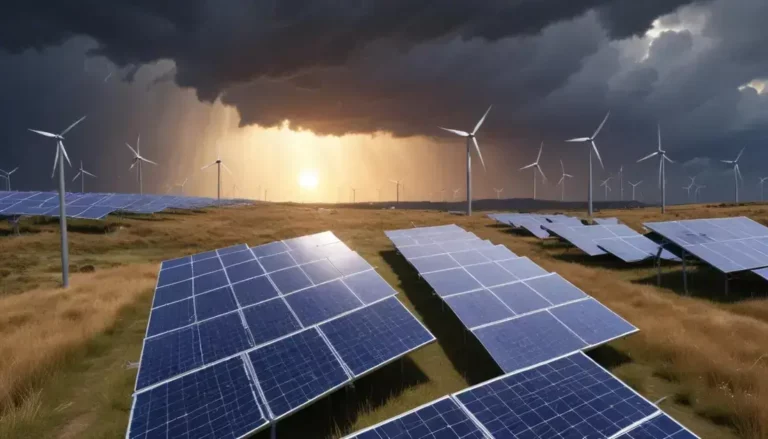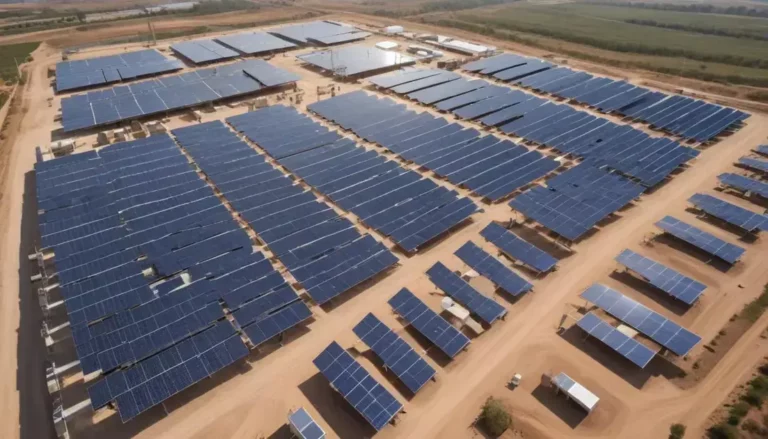How blockchain promotes deforestation-free compliance
EUDR compliance requires businesses to demonstrate that their products do not contribute to deforestation, leveraging technologies like blockchain to ensure transparency and traceability in their supply chains.
EUDR compliance is more important than ever as the EU ramps up regulations to prevent deforestation. Have you considered how these changes might affect your supply chain?
Understanding EUDR and its implications for businesses
The EUDR, or European Union Deforestation Regulation, is a significant legal framework aimed at ensuring that companies operating within the EU do not contribute to deforestation in their supply chains. This regulation requires businesses to provide evidence that their products originate from sources free of deforestation-related activities. By implementing this regulation, the EU aims to combat climate change and promote sustainable land use.
The implications for businesses are profound. Companies must now closely monitor their sourcing practices and consider the entire lifecycle of their products. This includes evaluating suppliers and ensuring compliance with the stringent requirements set forth by the EUDR. Failure to comply could result in substantial fines and reputational damage.
Blockchain technology plays a crucial role in helping businesses achieve EUDR compliance. By offering a transparent and tamper-proof system for recording transactions, blockchain enables companies to track the origin of their products accurately. This technology assists in maintaining clear records of compliance and ensures accountability throughout the supply chain.
In addition to compliance, embracing EUDR not only helps businesses align with regulatory demands but also positions them favorably in the eyes of increasingly eco-conscious consumers. Companies that commit to sustainability are likely to gain a competitive edge and foster consumer loyalty.
The role of blockchain in ensuring supply chain transparency
Blockchain technology is revolutionizing supply chains by ensuring transparency and accountability. At its core, blockchain provides a decentralized ledger that securely records transactions across all stakeholders in real-time. This feature enables all parties, from producers to consumers, to verify the authenticity and traceability of products.
With a focus on sustainability, companies can leverage blockchain to document every step of their supply chain. This documentation proves essential for complying with regulations such as the EUDR, highlighting the origins of raw materials and demonstrating adherence to anti-deforestation policies. Traceability becomes a key advantage, allowing businesses to react swiftly to issues and minimize risks.
Moreover, blockchain fosters trust among consumers. When purchasing products labeled as sustainable or deforestation-free, buyers can access detailed histories that confirm these claims. This level of transparency not only enhances brand reputation but encourages companies to adhere to best practices in sourcing and production.
In addition to compliance, integrating blockchain can streamline operations. By automating processes and minimizing paperwork, businesses can cut costs and increase efficiency. Ultimately, the role of blockchain in enhancing supply chain transparency is pivotal for companies aiming for long-term sustainability and competitive advantage.
Understanding the importance of EUDR compliance
In conclusion, EUDR compliance is essential for businesses aiming to meet new EU regulations and promote sustainability. By embracing the changes that EUDR brings, companies not only demonstrate their commitment to reducing deforestation but also align themselves with the growing consumer demand for eco-friendly products.
Furthermore, leveraging blockchain technology enhances transparency in the supply chain, ensuring that businesses can verify the origins and sustainability of their products. This technology builds trust with consumers and positions companies as leaders in responsible sourcing.
As regulations evolve, staying informed and adapting practices will be crucial for success. The combined efforts of compliance and technology pave the way toward a more sustainable future for all.
Frequently Asked Questions
What is EUDR compliance?
EUDR compliance refers to adhering to the European Union Deforestation Regulation, which aims to prevent companies from contributing to deforestation in their operations.
How does blockchain enhance supply chain transparency?
Blockchain provides a secure and decentralized ledger that tracks every transaction, ensuring visibility into the origin of products and making it easier to meet sustainability claims.
Why is sustainability important for businesses today?
Sustainability is crucial as consumers increasingly demand eco-friendly products. Committing to sustainable practices can boost a company’s reputation and attract more customers.
What are the consequences of non-compliance with EUDR?
Failure to comply with EUDR can lead to significant fines, legal issues, and damage to a company’s reputation in the market.
How can companies prepare for EUDR compliance?
Companies can prepare by evaluating their supply chains, ensuring traceability of materials, and adopting technologies like blockchain to document compliance effectively.
What role do consumers play in promoting EUDR compliance?
Consumers can drive EUDR compliance by choosing to support brands that prioritize sustainability, thereby encouraging companies to adopt more responsible sourcing practices.






